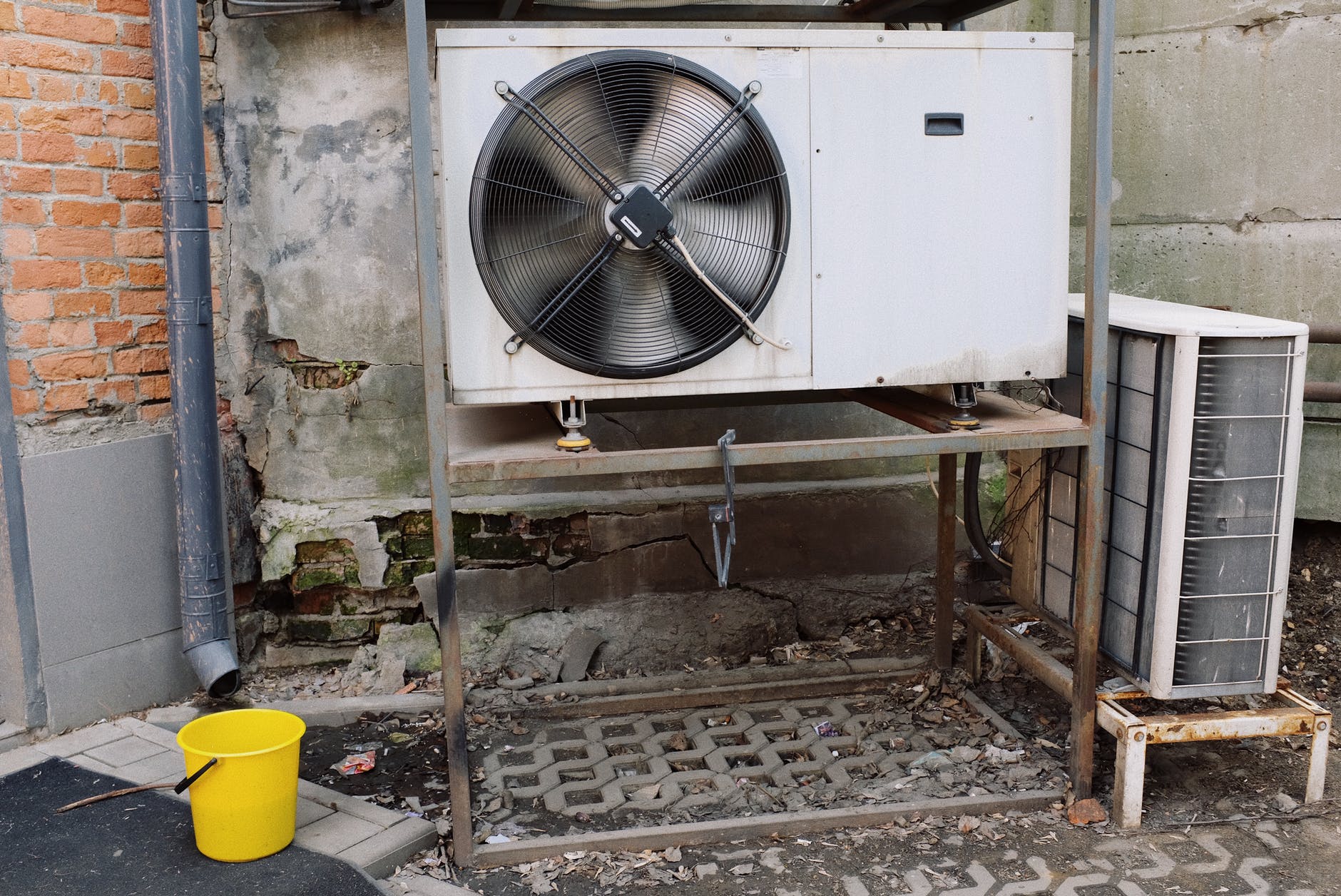
HVAC System
Zoning is a key technology in HVAC systems, allowing homeowners to split their home into zones and heat or cool them independently. Not every home needs a zoned system, but if you’re unsure whether yours does, here are some telltale signs.
First and foremost, if your home doesn’t have central air, it’s likely not worth the investment to zone it.
But if you already have central air and one or more of the following issues applies to you, a zoned system may be the answer: multiple stories with different climates (warmer on lower levels), frequently used rooms that need cooling or heating while other parts of the house remain comfortable, rooms that are never used because they’re either too hot or too cold.
If any of these situations apply to you, consult with a contractor about whether zoning would be an appropriate solution for your home.
Before learning how to tell if you need an HVAC zoned system, feel free to check out this post about HVAC dampers.
What is a zoned HVAC system and why are they useful for everyday homeowners?
A zoned HVAC system gives you the ability to divide your home into separate zones. Each zone has its own thermostat, and the temperature in each zone can be controlled independently. This helps homeowners have different temperatures in different areas of your home, depending on your needs.
For example, you can keep the living room cool for watching TV and the bedroom warm for sleeping. Zoned HVAC systems typically have multiple zones, each with its own temperature control.
Zoned systems are more energy-efficient than traditional HVAC systems because they only need to heat or cool the areas that are being used. When properly designed and installed, a zoned HVAC system can provide greater comfort and significant energy savings.
How can you tell if you need a zoned HVAC system for your living space?
Zoned HVAC systems are a great way to improve the efficiency of your home’s heating and cooling. But how do you know if you need a zoned system? Here are a few things to consider:
The size of the living space: If you have a large home, zoned HVAC can help you save by only heating or cooling the areas that you are using.
The layout of your home: If your home has multiple levels or is divided into separate rooms, zoned HVAC can help you keep each area at the temperature that you want.
Your climate: If you live in an area with extreme weather, zoned HVAC can help you keep your home comfortable year-round.
If you’re not sure if a zoned system is right for your home, talk to a professional. They can help you assess your needs and find the perfect solution for your home.
What are some of the pros and cons of having a zoned HVAC system in your living space?
There are a few pros and cons to having a zoned HVAC system in your home. On the plus side, you can save energy by only heating or cooling the areas of your home that you are using. Additionally, zoned systems give you more control over the temperature in your home, allowing you to create different “zones” that are set to different temperatures.
However, there are a few drawbacks as well. Zoned systems can be more expensive to install and maintain than a traditional HVAC system. Additionally, if one zone is not working properly, the entire system can be affected.
What are some of the top ways you can maintain your HVAC zoned system for optimal performance and efficiency?
Zoned HVAC systems are becoming increasingly popular, and for good reason. By allowing you to control the temperature in different parts of your home, they can save you money on your energy bills. However, in order to function properly, zoned HVAC systems require regular maintenance. Here are a few tips to help keep your system running at peak performance:
Check the air filter monthly and change it as needed — A clogged air filter will reduce airflow and put stress on the system.
Schedule a yearly tune-up with a qualified technician — This will help to ensure that all of the parts are working properly and that the system is properly charged with refrigerant.
Keep an eye on your energy bills — If you see a sudden increase in your energy bills, it could be an indication that something is wrong with your system.
HVAC zoned system explained by the pros— Conclusion
If you’re still on the fence about zoned HVAC systems and whether they are the right choice for your home, don’t hesitate to contact an expert. A reputable HVAC company can help you assess your needs and provide guidance on the best way to heat and cool your home.






